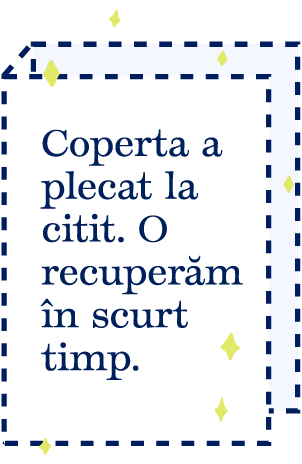The Fabulous Fannie Farmer: Kitchen Scientist and America's Cook

The Fabulous Fannie Farmer: Kitchen Scientist and America's Cook
A 2025 Best STEM Book Winner Fannie Farmer, America's most famous cooking teacher, discovers that precise measurements are a recipe for cooking success in this STEAM picture book that includes two of her classic recipes. ★ School Library Journal, starred review
★ Youth Services Book Review, starred review When Fannie Farmer learned to cook in the late 1800s, recipes could be pretty silly. They might call for "a goodly amount of salt" or "a lump of butter" or "a suspicion of nutmeg." Girls were supposed to use their "feminine instincts" in the kitchen (or maybe just guess). Despite this problem, Fannie loved cooking, so when polio prevented her from going to college, she became a teacher at the Boston Cooking School. Unlike her mother or earlier cookbook writers, Fannie didn't believe in feminine instincts. To her, cooking was a science. She'd noticed that precise measurements and specific instructions ensured that cakes rose instead of flopped and doughnuts fried instead of burned. Students liked Fannie's approach so much that she wrote a cookbook. Despite skepticism from publishers, Fannie's book was a recipe for success. Written with humor and<
PRP: 117.74 Lei
Acesta este Prețul Recomandat de Producător. Prețul de vânzare al produsului este afișat mai jos.
105.97Lei
105.97Lei
117.74 LeiIndisponibil
Descrierea produsului
A 2025 Best STEM Book Winner Fannie Farmer, America's most famous cooking teacher, discovers that precise measurements are a recipe for cooking success in this STEAM picture book that includes two of her classic recipes. ★ School Library Journal, starred review
★ Youth Services Book Review, starred review When Fannie Farmer learned to cook in the late 1800s, recipes could be pretty silly. They might call for "a goodly amount of salt" or "a lump of butter" or "a suspicion of nutmeg." Girls were supposed to use their "feminine instincts" in the kitchen (or maybe just guess). Despite this problem, Fannie loved cooking, so when polio prevented her from going to college, she became a teacher at the Boston Cooking School. Unlike her mother or earlier cookbook writers, Fannie didn't believe in feminine instincts. To her, cooking was a science. She'd noticed that precise measurements and specific instructions ensured that cakes rose instead of flopped and doughnuts fried instead of burned. Students liked Fannie's approach so much that she wrote a cookbook. Despite skepticism from publishers, Fannie's book was a recipe for success. Written with humor and<
Detaliile produsului










